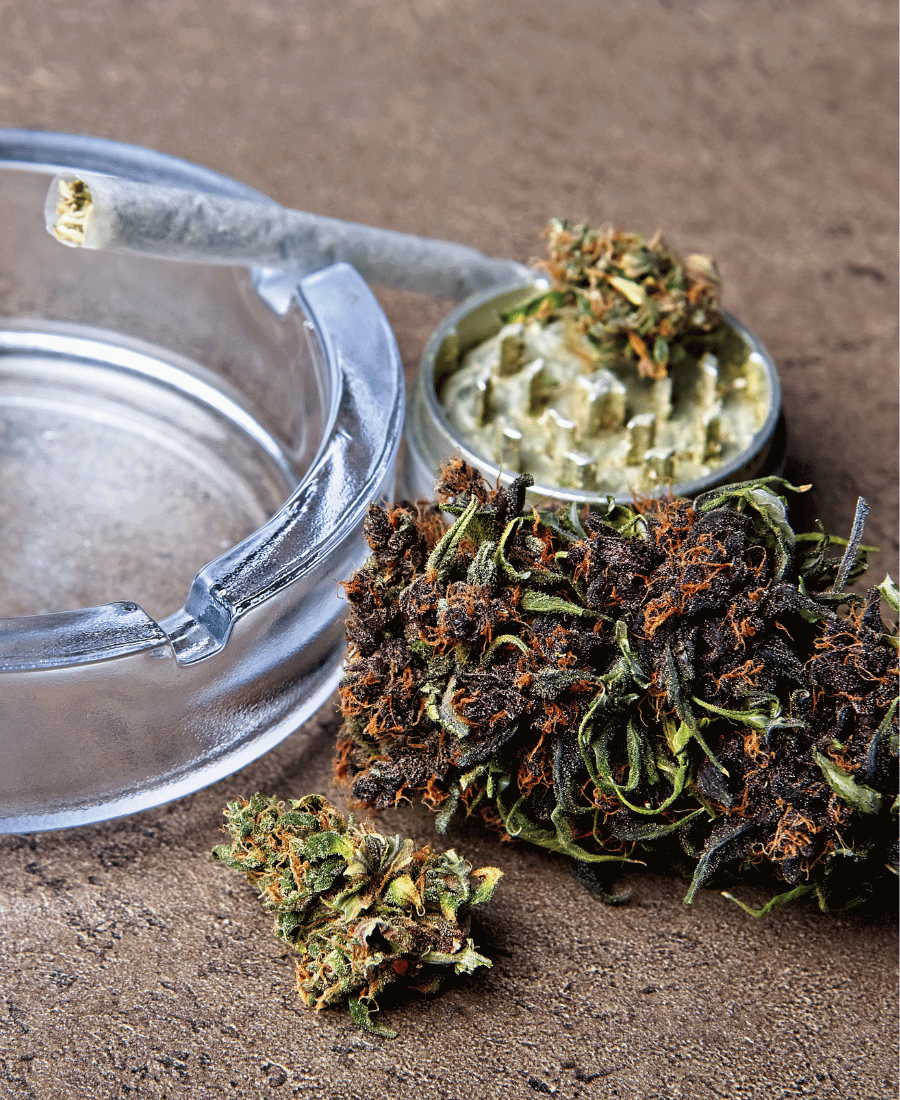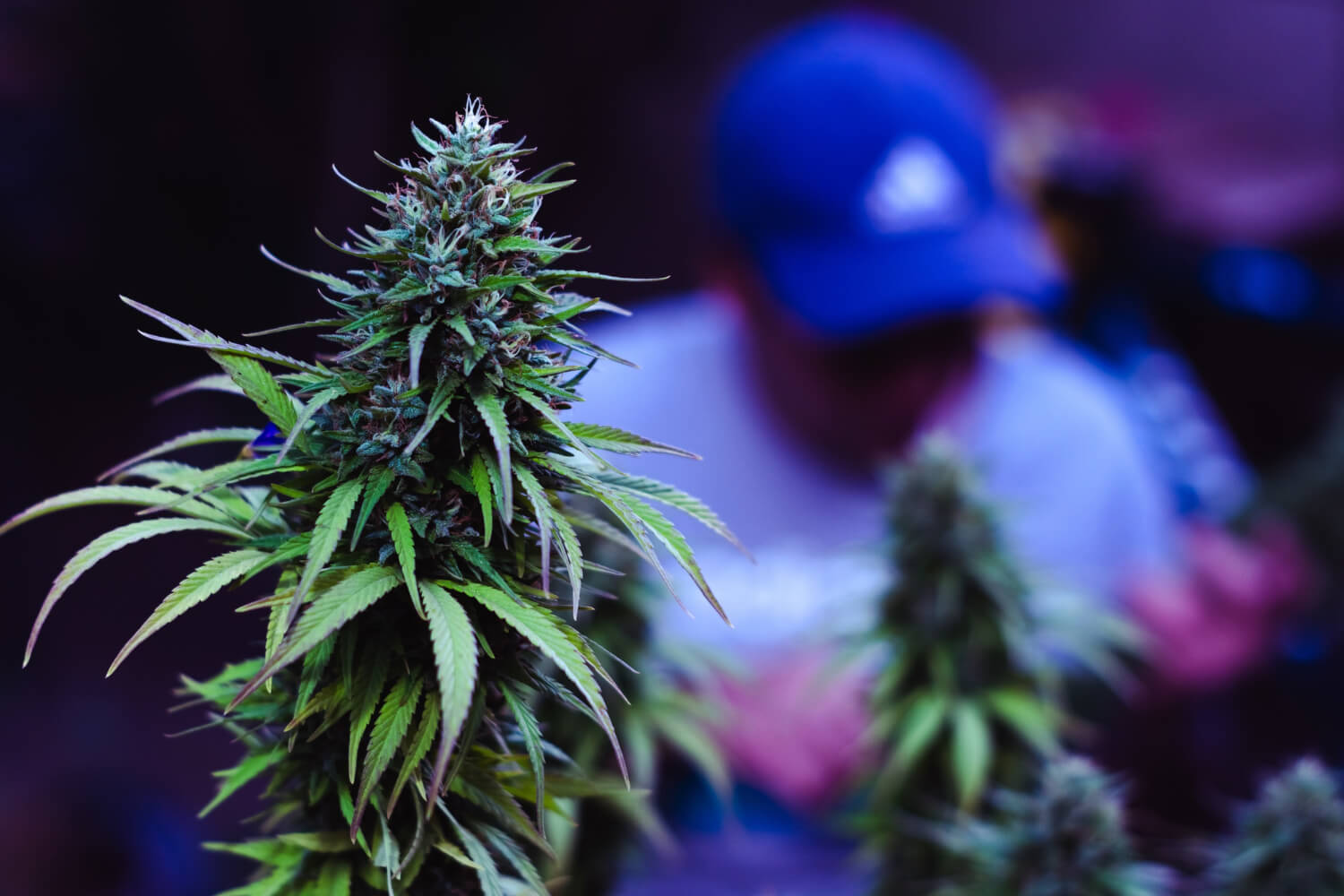Whether for medical reasons or recreational use—if you consume cannabis, you’ve probably wondered: How long does it actually remain detectable in my blood? Especially if you have a drug test coming up, it’s important to know what to expect. In this article, you’ll find out how long THC stays in your blood, which factors influence the detection period, and what you should watch out for to avoid unpleasant surprises. Whether you’re an occasional user or a regular consumer—you’ll find the answers you’re looking for here.
What influences the detection time of THC in the blood?
The detection time of THC in the blood is influenced by several factors:
1. Frequency of use: Occasional users have shorter detection times, while THC remains in the body longer for regular users.
2. Body fat percentage: THC is stored in fat tissue, so a higher fat percentage extends the detection time.
3. Metabolism: A fast metabolism accelerates the breakdown of THC, while a slow metabolism slows it down.
4. Amount consumed: The more THC is consumed, the longer it remains detectable.
5. Method of consumption: Smoking leads to faster but shorter detectability, while oral intake often results in longer detection times.
6. Individual differences: Genetics and overall health also influence how long THC stays in the blood.
These factors mean that detection times vary from person to person.


Occasional vs. regular users: How long does THC stay in the blood?
The detection time of THC in the blood varies significantly depending on how frequently you use it:
Occasional users: If you only use cannabis from time to time, THC is usually detectable in your blood for just 1 to 3 days. Since your body breaks down THC more quickly with infrequent use, the detection window is relatively short.
Regular users: If you use cannabis regularly, THC can be detected in your blood for much longer—often up to 30 days or even more. This is because THC accumulates in fatty tissue and is released slowly, which significantly extends the detection period.
In short: While THC disappears quickly from the blood of occasional users, it can still be detected weeks after the last use in regular users.
Single use: How long does THC stay in the blood?
After a single use of cannabis, THC is typically detectable in the blood for 1 to 3 days. However, this timeframe can vary depending on your individual metabolism and the amount consumed. In some cases, THC may no longer be detectable in less than 24 hours, especially with a low dose and a fast metabolism.
Conclusion: After a single use, THC is often only detectable in the blood for a short period, usually between 1 and 3 days, depending on your body and the exact dose.
Blood test vs. urine test: What is the difference?
Blood test: A blood test measures the current THC level in your body and shows whether you have recently used cannabis. Since THC is only detectable in the blood for a relatively short period, this test is particularly suitable for identifying recent use—for example, during roadside checks. After a single use, THC is usually detectable in the blood for only 1 to 3 days, but it can remain detectable for longer in regular users.
Urine test: In contrast, a urine test does not detect active THC but rather its breakdown products (THC metabolites), which remain in the body long after actual use. That is why THC can be detected in urine for much longer—up to 7 days for occasional users and even several weeks for frequent users. Urine tests are therefore better suited for detecting past use over an extended period.
Blood tests are suitable for detecting recent cannabis use, while urine tests offer a longer detection window and can also identify past use.

Can you shorten the detection time of cannabis in the blood?
There are several methods that are claimed to shorten the detection time of THC in the blood, but their effectiveness is limited and not scientifically proven. Here are some common approaches:
1. Drinking plenty of water: Staying hydrated can help boost metabolism and support the elimination of THC. However, this has only a limited effect on the detection time in the blood, since THC is mainly stored in fat tissue and cannot simply be flushed out by drinking water.
2. Exercise and physical activity: Physical activity can stimulate metabolism and promote fat breakdown, which in theory could help THC be broken down more quickly. However, be careful: intense exercise shortly before a test can also cause stored THC to be released back into the bloodstream, which could increase its concentration.
3. Healthy diet: A balanced diet can support overall metabolism. In particular, a low-fat diet could help reduce the amount of THC stored in fat tissue, but again, the effects on detection time are limited.
4. Detox products: There are special detox products that promise to remove THC from the body more quickly. However, these products are often expensive and their effectiveness is questionable. Some contain diuretics that simply increase urine production—which can affect detectability in urine tests, but have little effect on blood tests.


